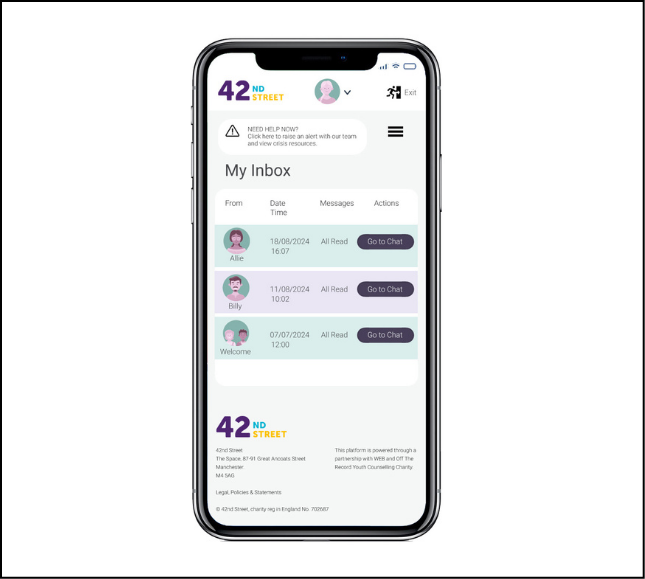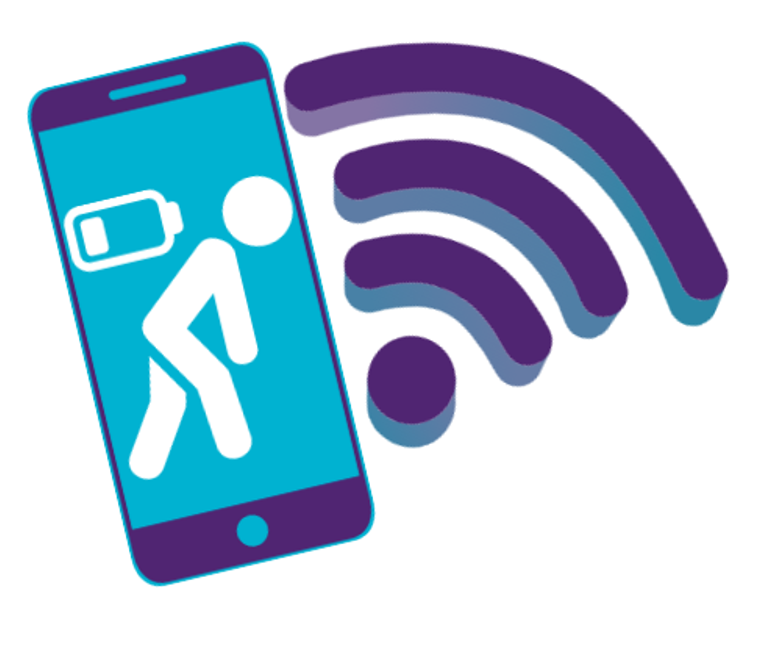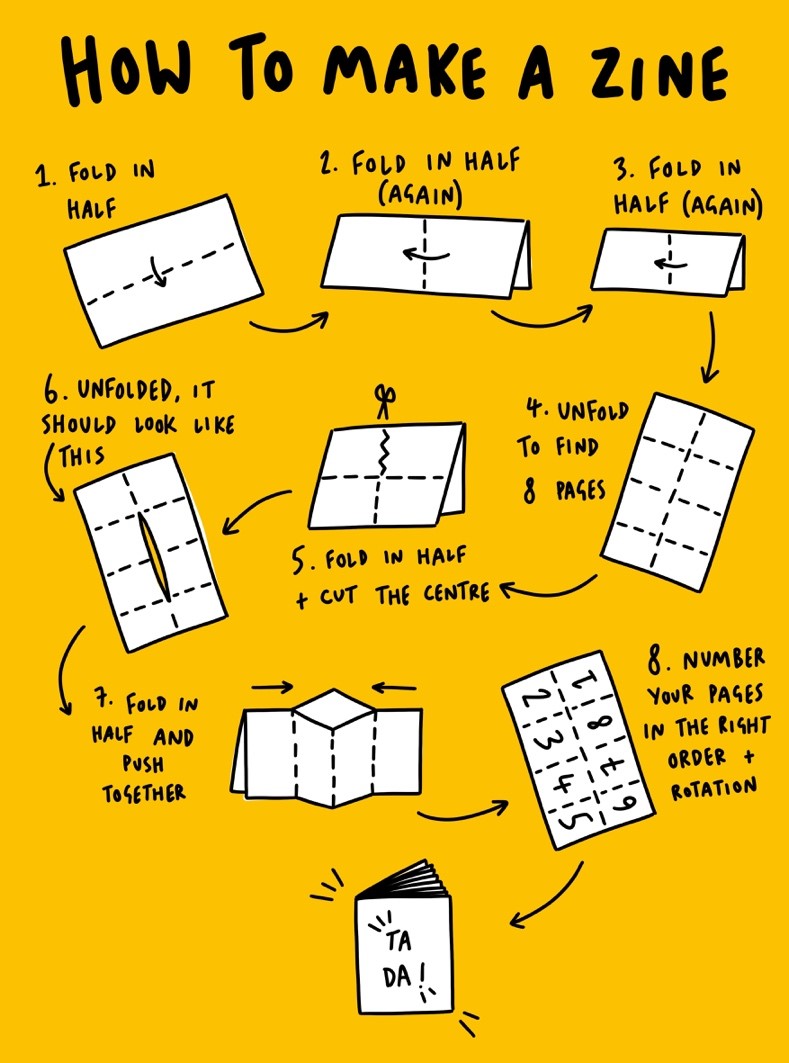Reading time: 6-8 minutes
Anger is a completely natural human emotion which may come up for a number of different reasons and doesn’t usually interfere with life too much. In fact it can be important to acknowledge when we’re angry at things, rather than bottling things up.
However, if your anger is feeling out of control, is harmful to you or those around you, or you find yourself consistently becoming angry at small things, it can become a problem. Some people find it difficult to express their anger in ways that don’t hurt other people, either physically or emotionally. Others use their anger against themselves, rather than letting it out in a healthier way.
![]()
Anger might show itself in:
- Outward aggression, e.g. shouting, swearing, physical acts of violence and aggression, damaging things, etc.
- Inward aggression, e.g. self-harming, self-hatred, depriving yourself of things that you need, like food (this may lead to an eating disorder), thinking that you don’t deserve to do enjoyable activities, isolating yourself from others, etc.
- Passive aggression, e.g. ignoring people, being moody, trying to make things as difficult as possible for others, not doing things that people ask you to, etc.
Physically, you might experience:
- A racing heartbeat
- Tightening in your chest
- Feeling hot or sweaty
- Headaches
- Tension in the muscles
- Shaking
- Clenching fists
- Churning in the stomach
- Dizziness or light-headedness
You might also feel:
- Tense
- Nervous
- Irritable
- On edge
- Resentment, either towards other people or something that’s happening in your life
- Embarrassed or ashamed
- Guilty
Everyone’s likely to have experienced these things at some point or another – we all lose our temper and see red from time to time! But if you’re frequently expressing your anger in these ways and find yourself more angry than any other emotion, it can have a negative impact on both yourself and people around you. In extreme cases, it can result in getting in trouble with the police or seriously hurting someone, including yourself.
If you’re finding it hard to manage or control your anger and it’s affecting different aspects of your life, you’re not alone. Lots of people struggle with anger issues but there are loads of alternative strategies that can be used to better express how you’re feeling.
![]()
What might help?
There are several short- and long-term strategies that you can use to manage your anger in less harmful ways. Don’t be hard on yourself if you don’t get it right every time – these things take practice!
When you're angry:
- Recognise the signs. Start to notice how anger feels to you. You might experience just a couple of the signs from the lists above, or maybe you feel a lot of them at once. Whatever the case, catching these feelings when they start to emerge can allow you to assess a situation and decide how you want to respond.
- Remove yourself from the situation. Having some time to think, even if it’s just for a few moments, can help you to put things into perspective and think about healthier ways to react. Some people find that counting to ten helps them to calm down, while others prefer to talk to a neutral person about why they’re angry. If there’s no-one around to talk to and you need a listening ear, there are lots of helplines that you could call (see our Support section below).
- Try to relax your body. It might feel hard to calm down when you’re really angry (and people telling you to calm down or relax often makes things worse!), but there are a number of relaxation techniques that you can practice to help release some tension:
- Try taking long, deep breaths by inhaling for 4 seconds, holding for 7 seconds, and exhaling for another 8 seconds. Click here for a handy animation that will guide you through the 4-7-8 technique.
- Concentrate on the sounds and sensations around you, as this can help to distract you from feelings of anger.
- Some people find that doing something active can help to, as it allows you to release your energy in a positive way.
- Do something enjoyable to distract yourself, such as listening to music, doing something creative, or playing a video game.
- Ask yourself questions like “Will the thing that’s making me angry still upset me in a year?” or “What emotions am I feeling underneath the anger?”
At other times:
- Reflect on what makes you angry. Are there certain people or topics that often lead to an angry outburst? Knowing your triggers can prepare you for these situations and allow you to practice some positive coping strategies before you react. It can also help to explore why these things get to you and whether there are deeper underlying emotions – it’s common for humans to use anger to mask other feelings. For example, if you become angry at someone for criticising your work, you might actually be covering disappointment or embarrassment. If you can’t find a pattern to your anger, check in with how stressed you’re feeling. Stress is something that often leads people to become more irritated or agitated. You might want to try some techniques to lower your stress levels (see our point below).
- Look at it from a different perspective. It’s easy to place all of the blame on a person or situation when you’re very angry. If you can, try to look at things from a different angle. Perhaps something isn’t going your way, but could this be an opportunity for growth instead? If a person tends to make you angry, could you try placing yourself in their shoes?
- Practice assertiveness. When you’re angry, it can often be very difficult to express what you’re feeling or what you want to say. This can make things feel even more frustrating! Try to develop the skill of communicating your opinion without being aggressive. Moodjuice has a handy self-help guide for practicing assertiveness here.
- Reduce stress levels. There are lots of ways to ease stress and tension and improve your overall wellbeing, which might make it easier to manage your anger. Looking after your physical health, limiting drugs and alcohol, and connecting with other people are all ways to do this. Check out our page on stress and anxiety for some more useful tips.
- Be kind to yourself! If you still find yourself getting angry despite trying some of the tips above, that’s ok! Being angry at yourself for getting angry isn’t going to help. In fact, it might make you feel other negative emotions, like guilt or frustration. Know that it’ll take some time to master how you deal with anger and even then, it’s natural for everyone to have an angry response now and again.
![]()
Where to go for more support
Never be afraid to ask for help when it comes to managing your anger. It’s often the first step towards improving your relationships with other people and coping with your feelings in a more positive way, not to mention boosting your own mental wellbeing!
- Speak to a GP if your anger feels out of control. They’ll be able to refer you to other services that might be able to help, such as counselling, talking therapies or anger management courses. It’s recommended that you do this if your anger is a risk to yourself or those around you, or potentially affecting areas of your life such as school, work and relationships. You might feel scared of being judged, but getting professional help will set you on the path to managing your anger in healthier ways.
- Moodjuice has a great self-help guide for dealing with anger, which helps you to understand why you might feel so angry, how you can challenge unhelpful thoughts and some positive strategies that you can use instead.
- Mind has a ton of information about anger, including ways you can cope, potential treatment and support, and advice for family and friends.
- Childline has plenty of tips for coping with anger and staying calm. If you’re under 19 and are worried about your anger or just want to talk to someone, you can also phone them on 0800 1111.
- YoungMinds has a page on dealing with anger, as well as stories and advice from other young people. Their free messenger service is available 24/7 if you’d like to chat to someone about how you’re feeling via text.
- The Mix provides information about managing your anger, as well as support for under 25s who need someone to talk to. If you’re struggling with your feelings, you can call their free helpline from 3pm to 12am on 0808 808 4994 or use their 1-2-1 webchat service. They also have a 24/7 Crisis Messenger if you’re finding it difficult to deal with your anger.
- Seek support from 42nd Street. We provide a number of face-to-face services, all of which offer something slightly different depending on what you want to get out of the support. Overall, though, every service provides you with someone who will listen, acknowledge your feelings, and work with you to develop less harmful ways of managing your feelings. You can read about our services here. If you want to chat to someone online via text, you can register for ongoing online support with one of our workers via our online support portal. We also hold weekly drop-in sessions so that you can speak to a worker without an appointment.
By: Ruby Guyler
Articles could also be interested in:










































































